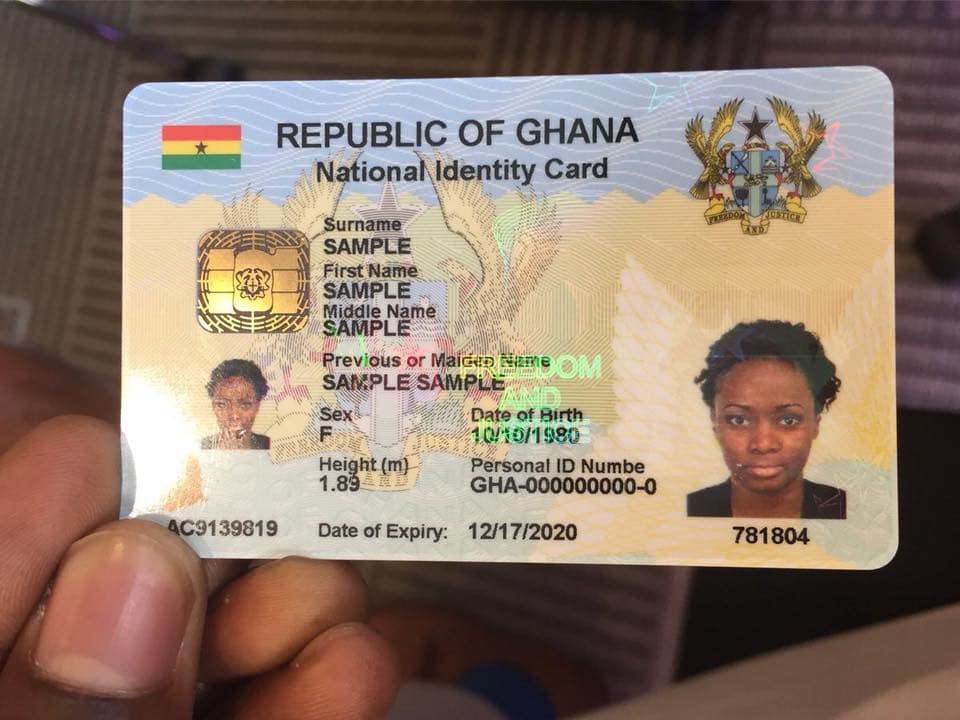Christian Danso, the Upper East Regional Centre Manager for the Advance Information Technology Institute- Kofi Annan Centre of Excellence (AITI-KACE) has said while Ghana has made some gains in its digitalization drive, there are a few key areas that the country needs to invest time and resources into.
Mr. Danso while speaking on A1 Radio’s Day Break Upper East said the digitalization agenda should be driven in phases adding that the implementation of the Ghana Card, the Mobile Money Interoperability and the automation of some of the systems at the various Metropolitan, Municipal and District Assemblies (MMDAs) are “bold steps” towards shifting Ghana’s dependency on the analogue system to a more profound and globally accepted system.
Mr. Danso was however worried that if the government failed to train and tune the attention of the greater population to the positives of the new digital world, all the successes chalked would be for nought.
“In all these digitalization efforts, if the general populace or the employees going to work on the digitalization process, if they are not well-versed in I.T processes or skills, it would be difficult for the government’s agenda to move in the way it wants it to be. This is the time to prepare for us to prepare our workforce, to prepare our employees towards the digitalization efforts”.
He added that training of the general populace should run concurrently with all the other attempts to digitalize the economy.
Background
It would be recalled that when the Vice President held a public lecture at the Ashesi University on November 2, 2021, he touted government achievements in the area of digitalization. He took the opportunity to talk to the major challenges facing the drive and the successes chalked.
The major shortcomings, Dr. Bawumia noted, included: lack of unique identification for citizens, inefficiency and corruption in the delivery of public service, lack of functional national property address system, the existence of large informal sector and dominance of cash payments, the manual database in public services, difficulty in collecting taxes for development, inefficiency in the delivery of health services and inefficiency in security surveillance.
“We were operating in a system where most of the population could not be uniquely identified. It was possible to be born in Ghana, live a full life, die and be buried and there would be no trace of you on any documentation that you ever lived and died in this country,” Dr. Bawumia added to sum up the magnitude of the shortcomings the government has fixed.
On the issue of lack of unique identification of citizens, the Vice President said the implementation of the biometric national ID cards by the government is addressing this major issue.
“So far, 15.5 million people have been enrolled on the Ghana card by the NIA and most of the population will be enrolled by 2022. The issuance of the Ghana card has provided Ghana with a database that will be the anchor for all transactions in the future, providing a unique identity to all individuals.”
A1radioonline.com|101.1 MHz|Mark Kwasi Ahumah Smith|Ghana


